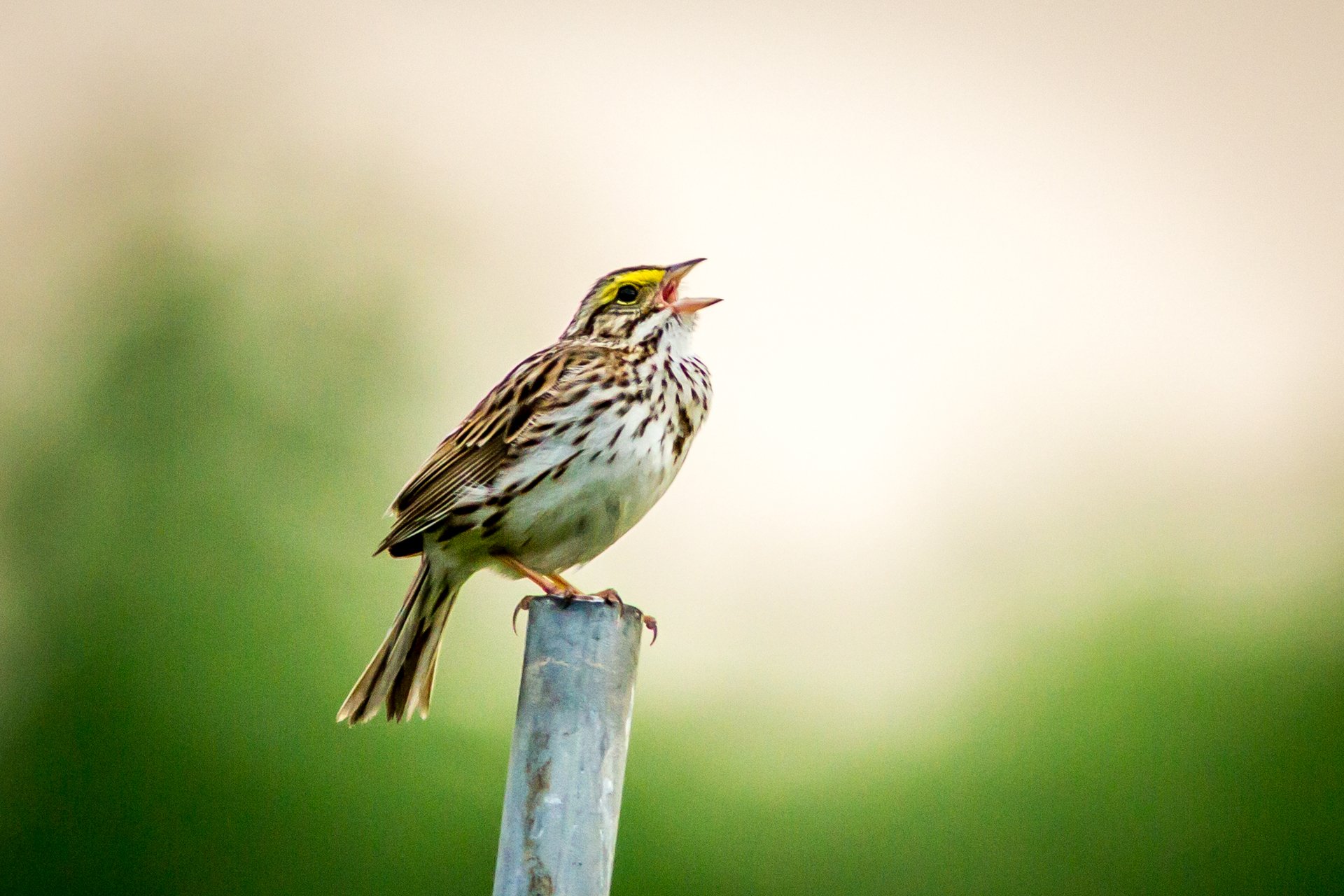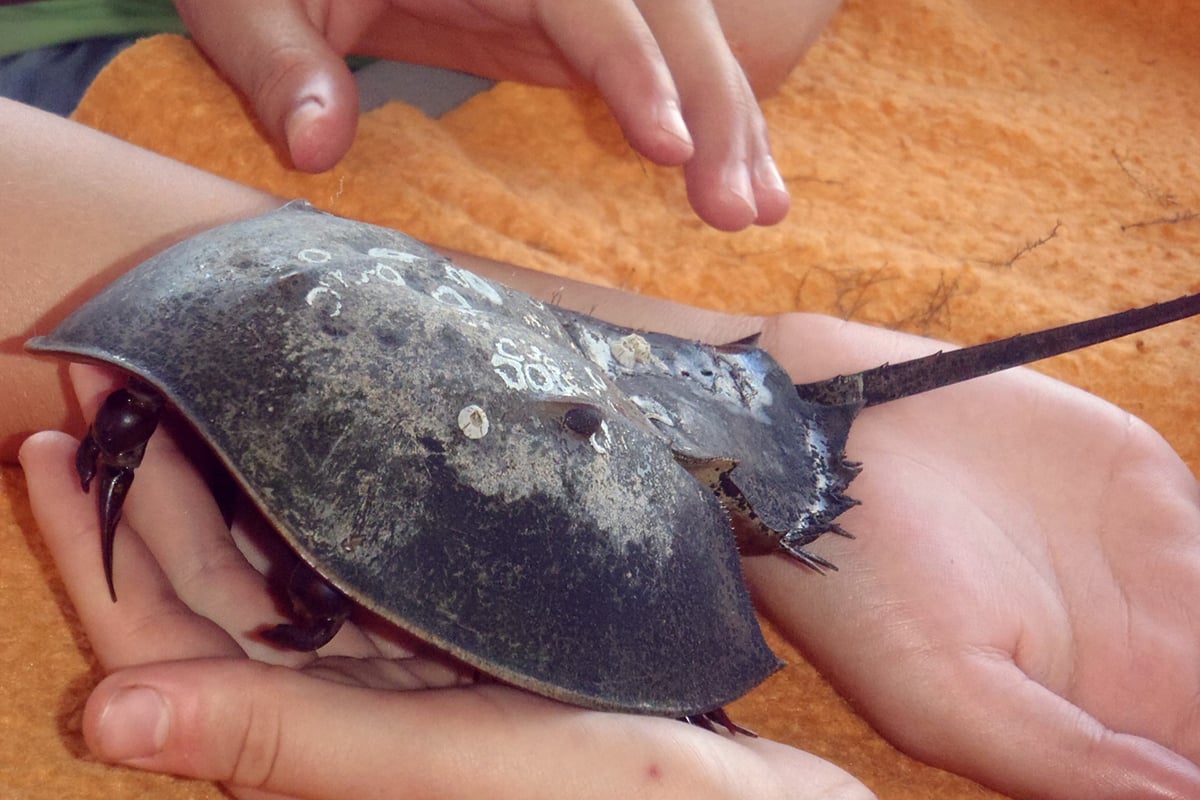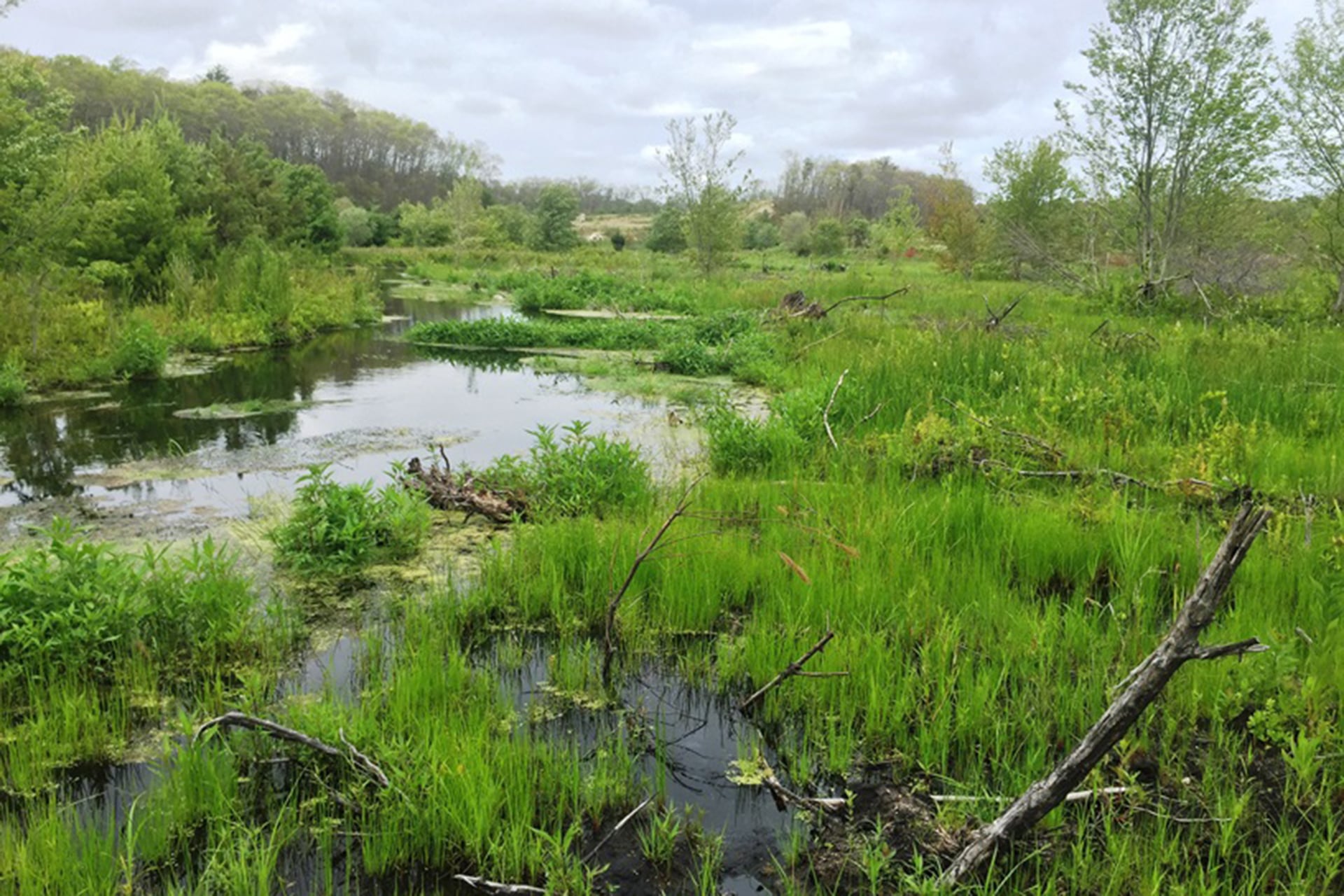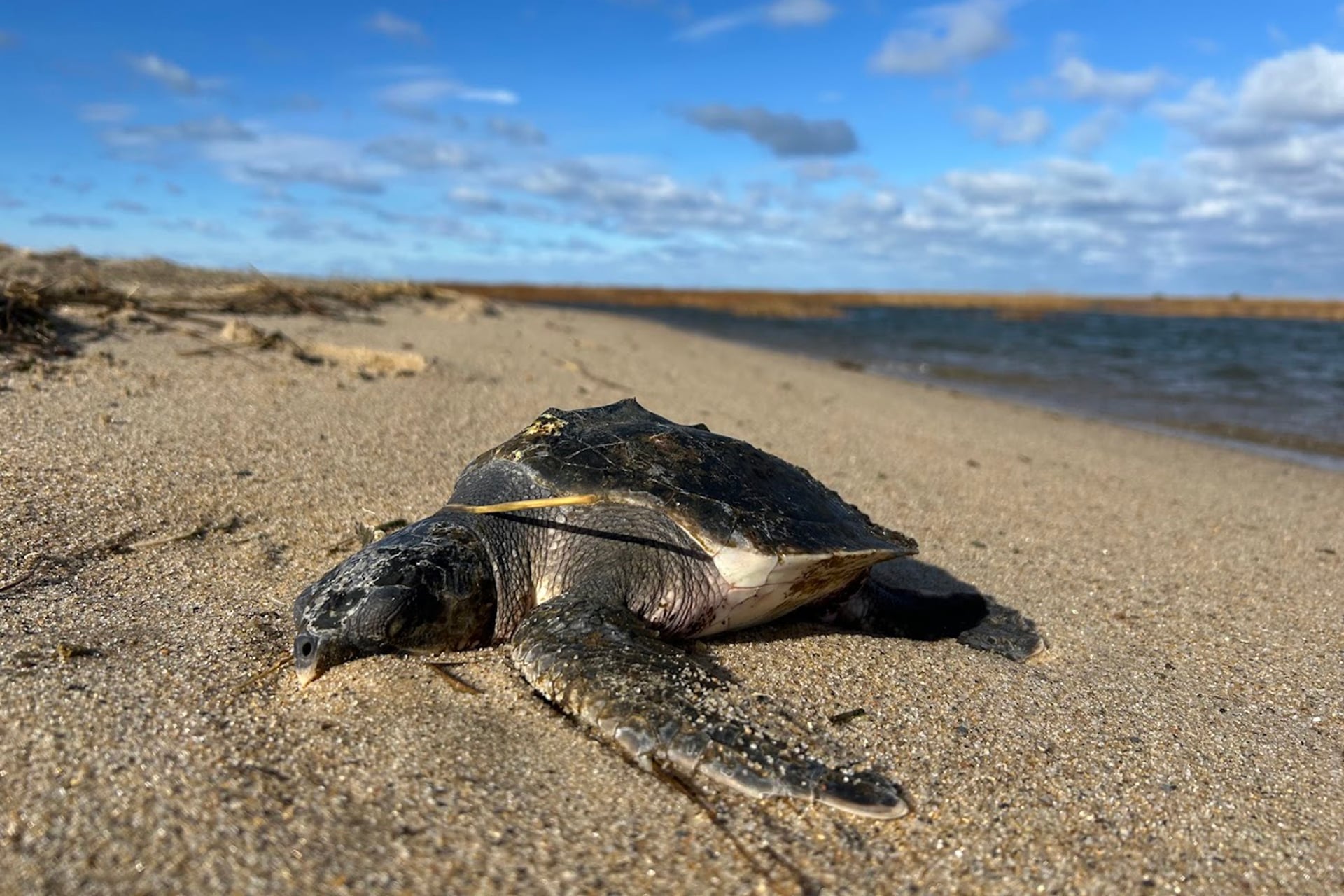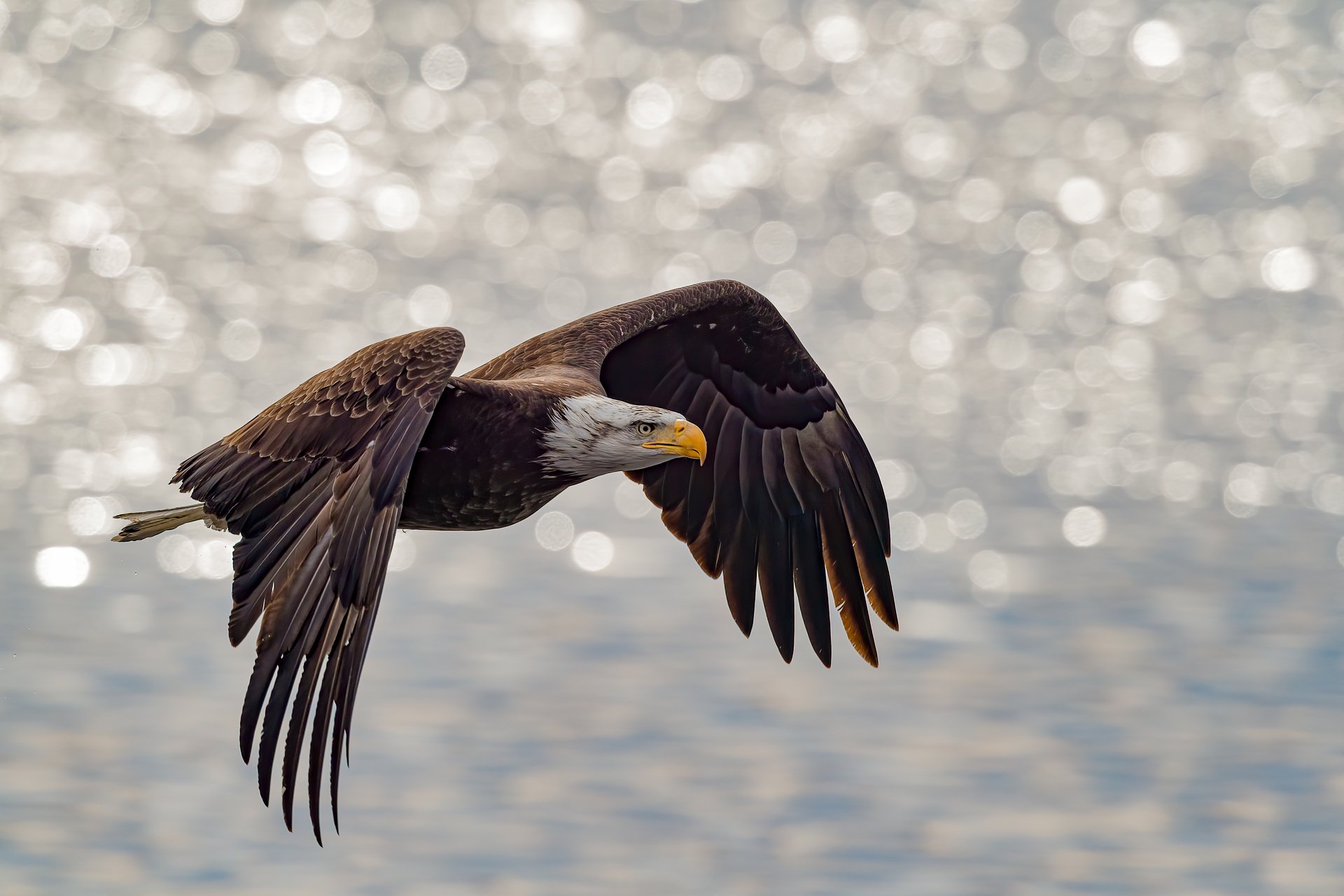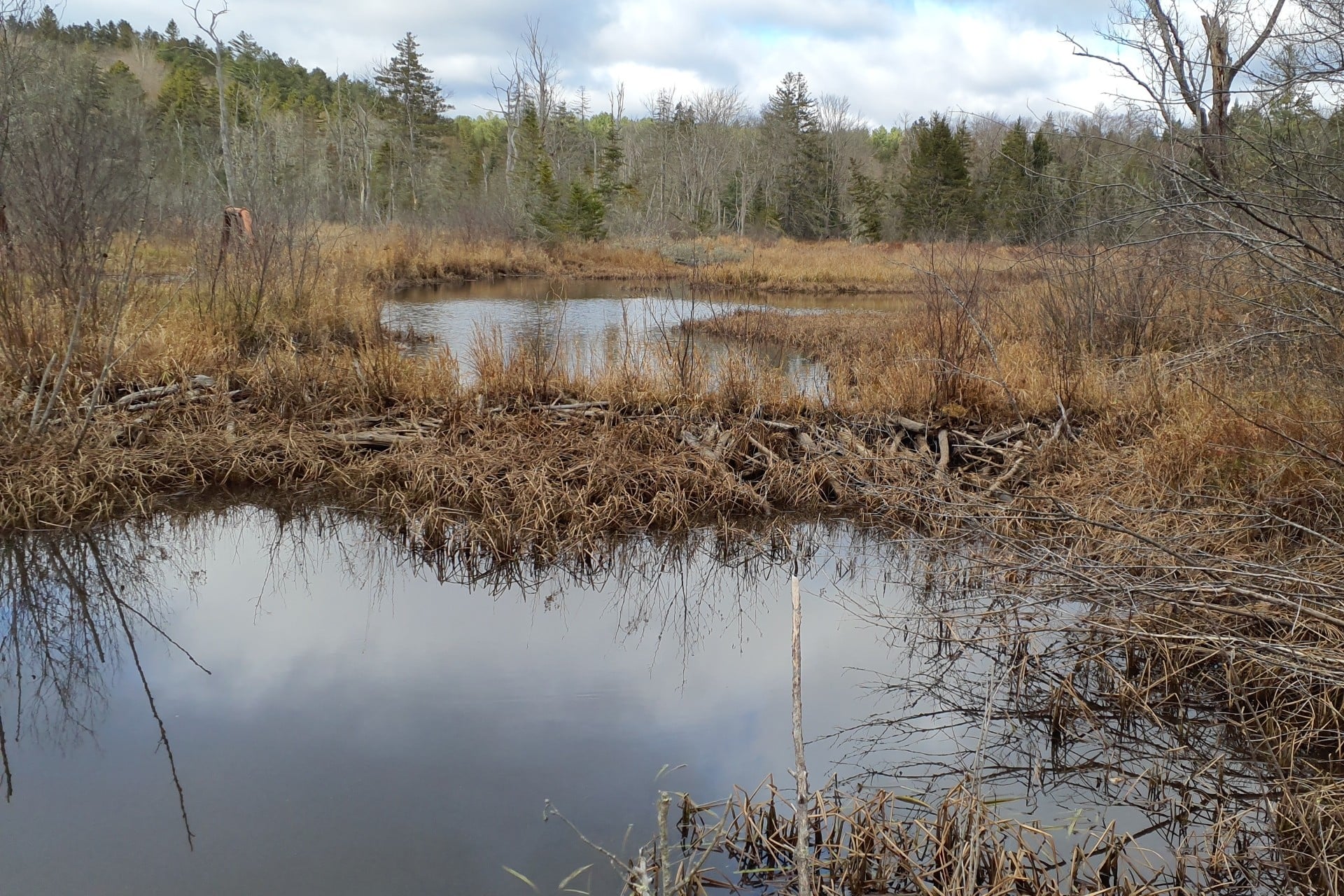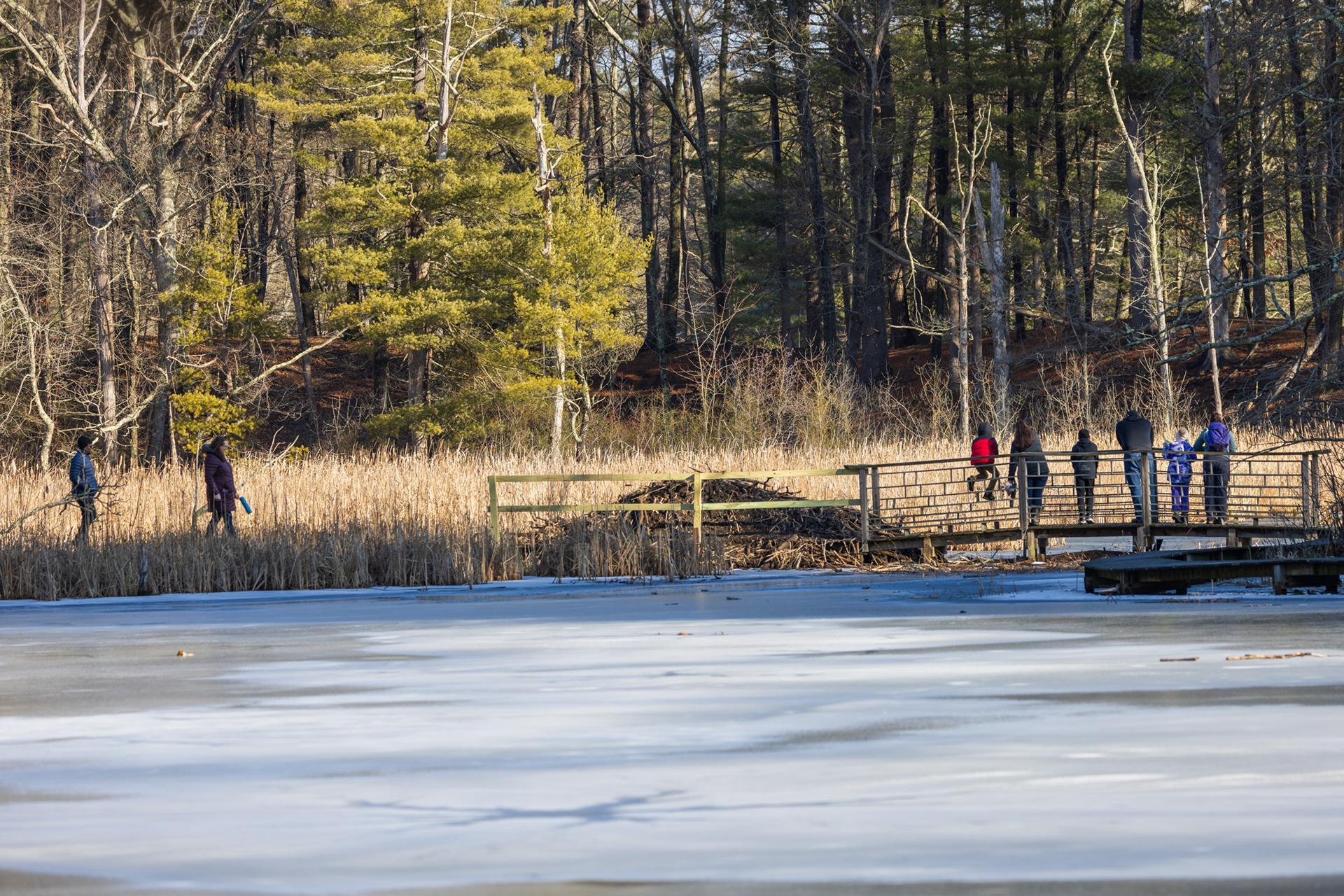News
Drop-in Winter and Spring Family Programs at Joppa Flats
Keep ReadingAll Flourishing is Mutual: An Evening with Robin Wall Kimmerer
Event Date: Sunday, March 8
Keep ReadingTogether for Wildlife: Allens Pond’s 2025 Conservation Progress
Keep ReadingBoston Nature Center Community Dinner & Year in Review
Event Date: Wednesday, January 28
Keep ReadingCold-Stunned Sea Turtles: The 2025 Rescue Season in Review
Keep ReadingArt at Habitat: Colors of Nature - Acrylic Paintings by Tracy Levesque
Keep ReadingProtecting 400 Acres Across Three Towns
Keep Reading5 Behind-the-Scenes Ways Ipswich River Wildlife Sanctuary Connected You to Nature in 2025
Keep ReadingShowing 1-9 of 630 results



